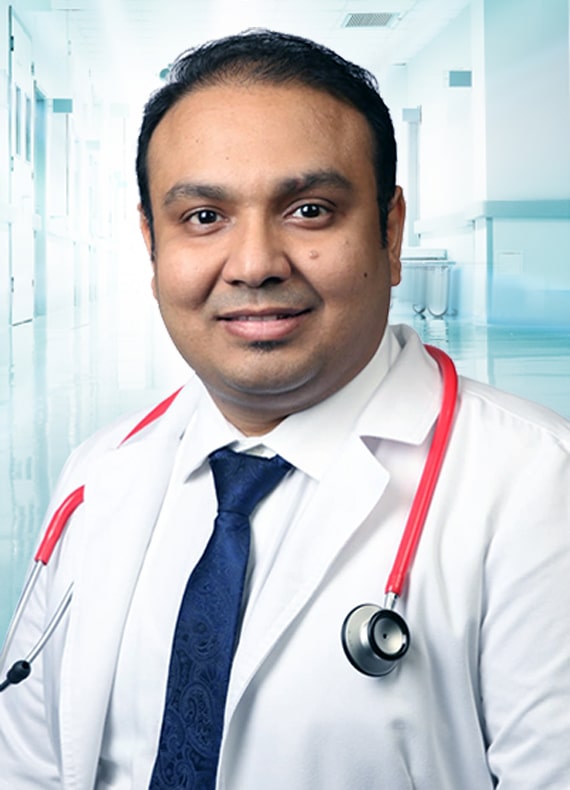New Approach in Prediction & Screening of Breast Cancer: NGS
Nearly a quarter of all the cases of global female cancer are represented by breast cancer. It is now the most common form of cancer among Indian women, recently surpassing cervical cancer. Lack of proper screening has contributed significantly in increasing incidence and cancer-related mortality/ morbidity in India. Majority of cases are diagnosed at a relatively advanced stage that is one of the prominent reasons behind its high mortality rate. Unavailability of appropriate medical facilities, advanced stage diagnosis, absence of screening programmes and lack of awareness about the matter fuels the chances of its late diagnosis. Early diagnosis of breast cancer is a very important strategy as it provides the opportunity for state-of-the-art cancer treatment, increased survival, and improved quality of life. Methods for early diagnosis of breast cancer include breast awareness, clinical breast examination and screening mammography. Regular screening of breast cancer is the most reliable way for its early diagnosis. Screening mammogram is only recommended in women under 40 years of age for evaluation of any suspicious finding during clinical breast examination.
A new approach of precision oncology can be incorporated in prediction as well screening of breast cancer. Precision oncology comprises a wide range of basic science as well as clinical disciplines and involves high-quality laboratories with next-generation sequencing (NGS) facility. Every human has its own unique genotype. On the basis of the individual patient’s genetic makeup, the genetic risk levels can be determined using precision oncology. For better understanding of this type of cancer and its progression, the genes involved in the disease along with understanding of the predictive markers against a treatment, technologies such as NGS can be helpful. Another benefit of NGS is that multiple samples can be analysed simultaneously, thereby reducing time and cost, unlike conventional methods of sequencing.
Breast tumours are characterised by genetic alterations that can be DNA rearrangements, copy number changes, point mutations, frameshift mutations or missense mutations that results in proliferation of cancer cells. NGS helps in determining multiple gene alterations and mutations in specific cancer-related genes of therapeutic importance, which help in choosing personalised treatment for the patient. With the help of whole genome sequencing by NGS, personalised and targeted treatments along with diagnostics based on genetic profiling of an individual can be provided to the patients. However, treatment personalisation depends not only on the person’s genetics but also on multiple factors including breast tissue composition, medical and treatment history, comorbid conditions, lifestyle and diet.
Complete elimination of breast cancer incidence is unfortunately not possible. Risk related to genetic mutation and personal or family history is beyond our control. A best way of protection against breast cancer is offered by early diagnosis. Moreover, the adverse impact of breast cancer on survival and quality of life can be minimised by diagnosing it as soon as possible. Along with self-examination, breast awareness and screening mammography, precision oncology can also be integrated for early detection of breast cancer as well as providing personalised treatment to breast cancer patients based on the specific genetic profiling of individuals obtained from genetic tests and techniques like NGS. However, it is important to note that an expertise in medical oncology, pathology, molecular medicine, genetics, as well as bioinformatics is required so as to accurately interpret the results obtained from the genetic tests. Researchers have recommended forming an expert panel with members having expertise in the field of genetics and bioinformatics to which a referral can be made by the physicians.


 Kindly fill the form below to download our Liquid Biopsy Portfolio brochure :
Kindly fill the form below to download our Liquid Biopsy Portfolio brochure :